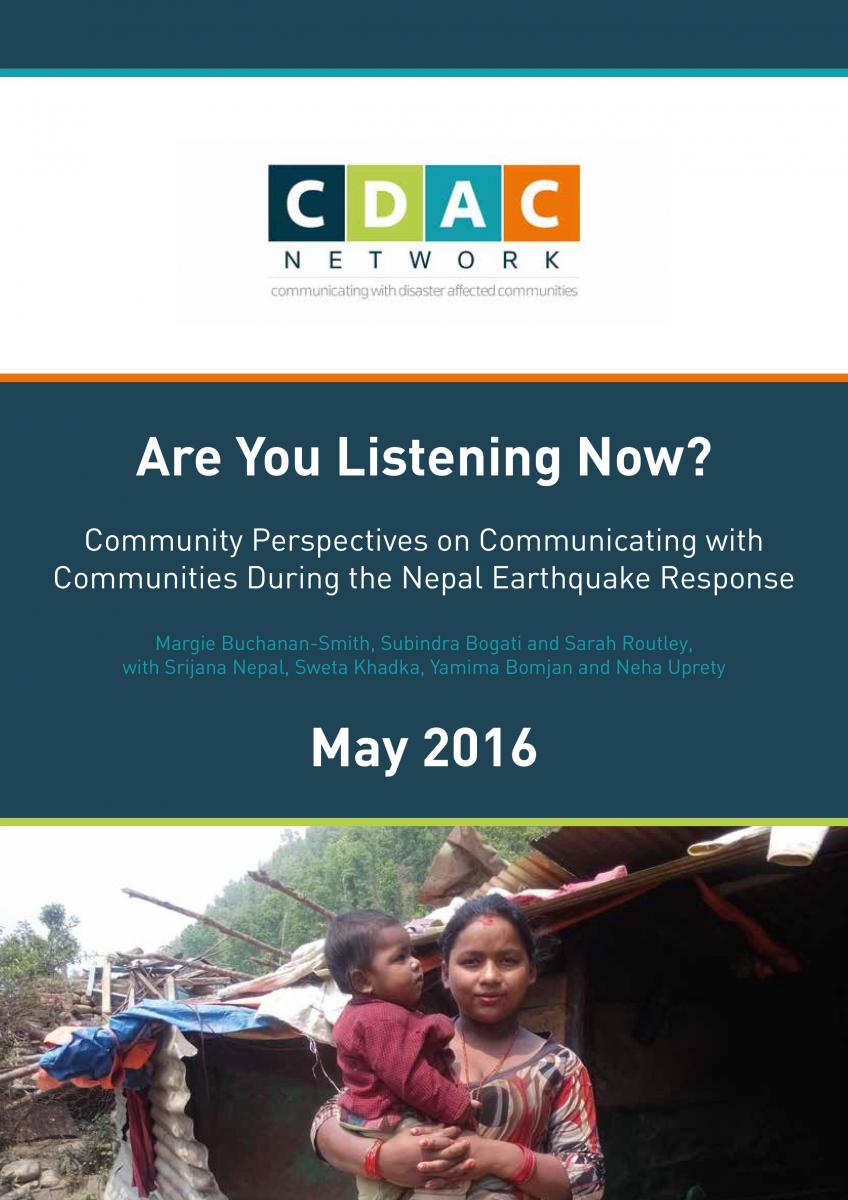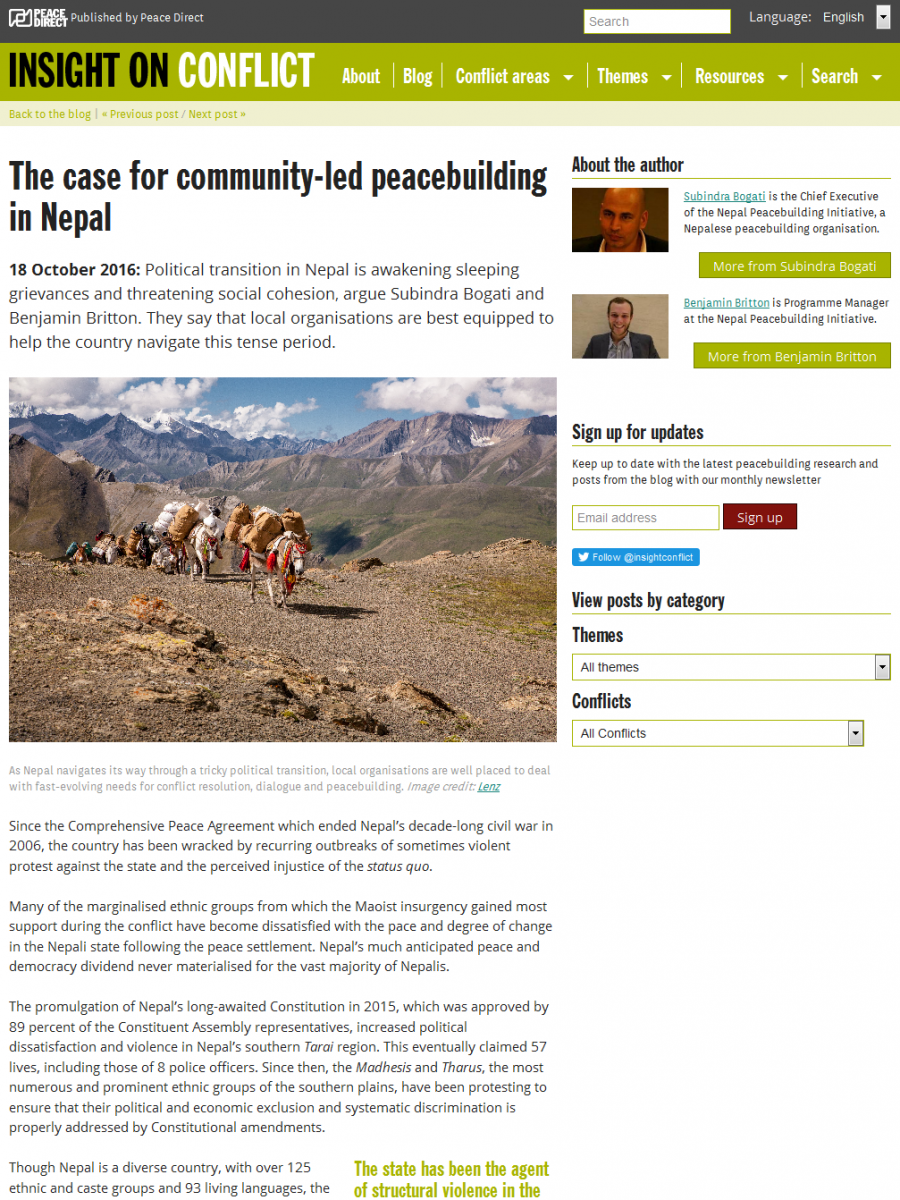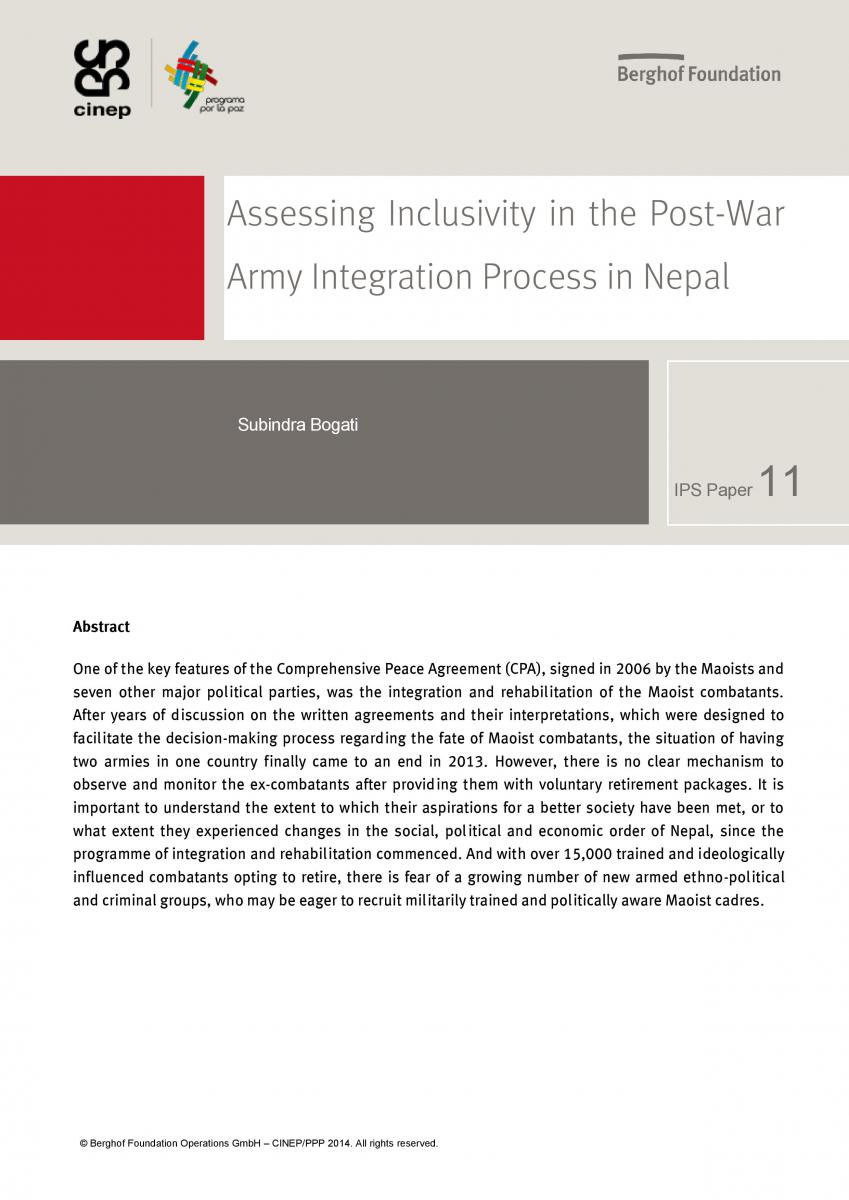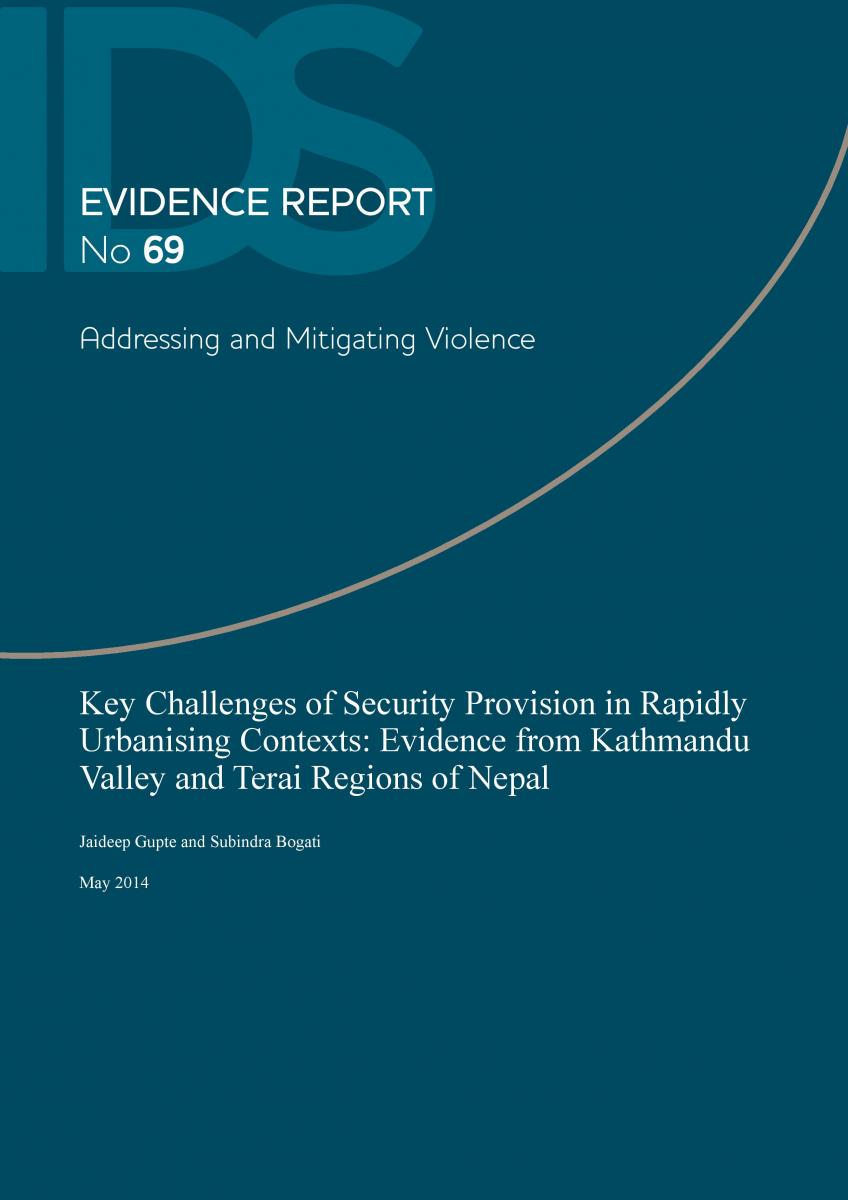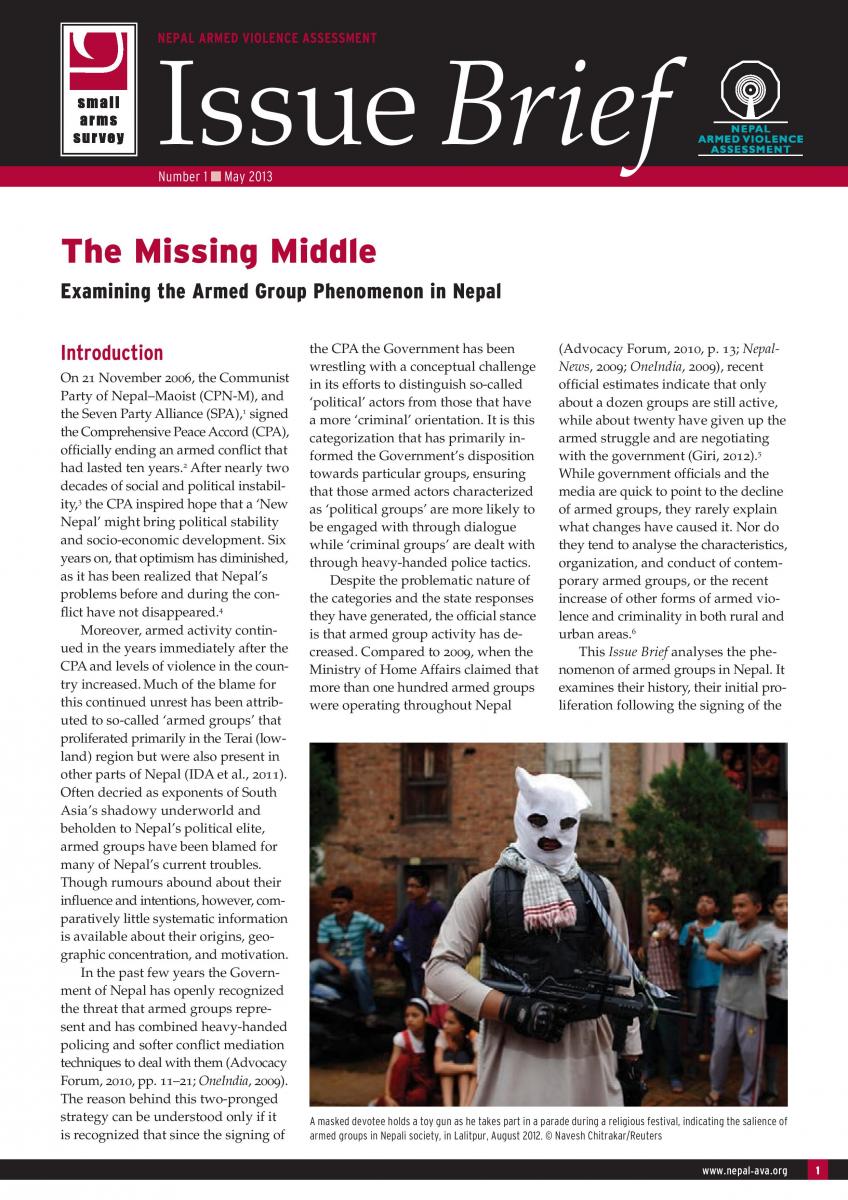From the Hills to the Streets to the Table: Civil Resistance and Peacebuilding in Nepal
Submitted by Subindra Bogati on Fri, 30/07/2021 - 17:08This case study builds on Véronique Dudouet’s 2017 ICNC Special Report, Powering to Peace: Integrated Civil Resistance and Peacebuilding Strategies. Utilizing Dudouet’s framework, we trace the development of conflict in Nepal over the past thirty years, with a specific emphasis on the 2006 civil resistance campaign and subsequent peace process that led to the resolution of the country’s decade-long Maoist insurgency.




